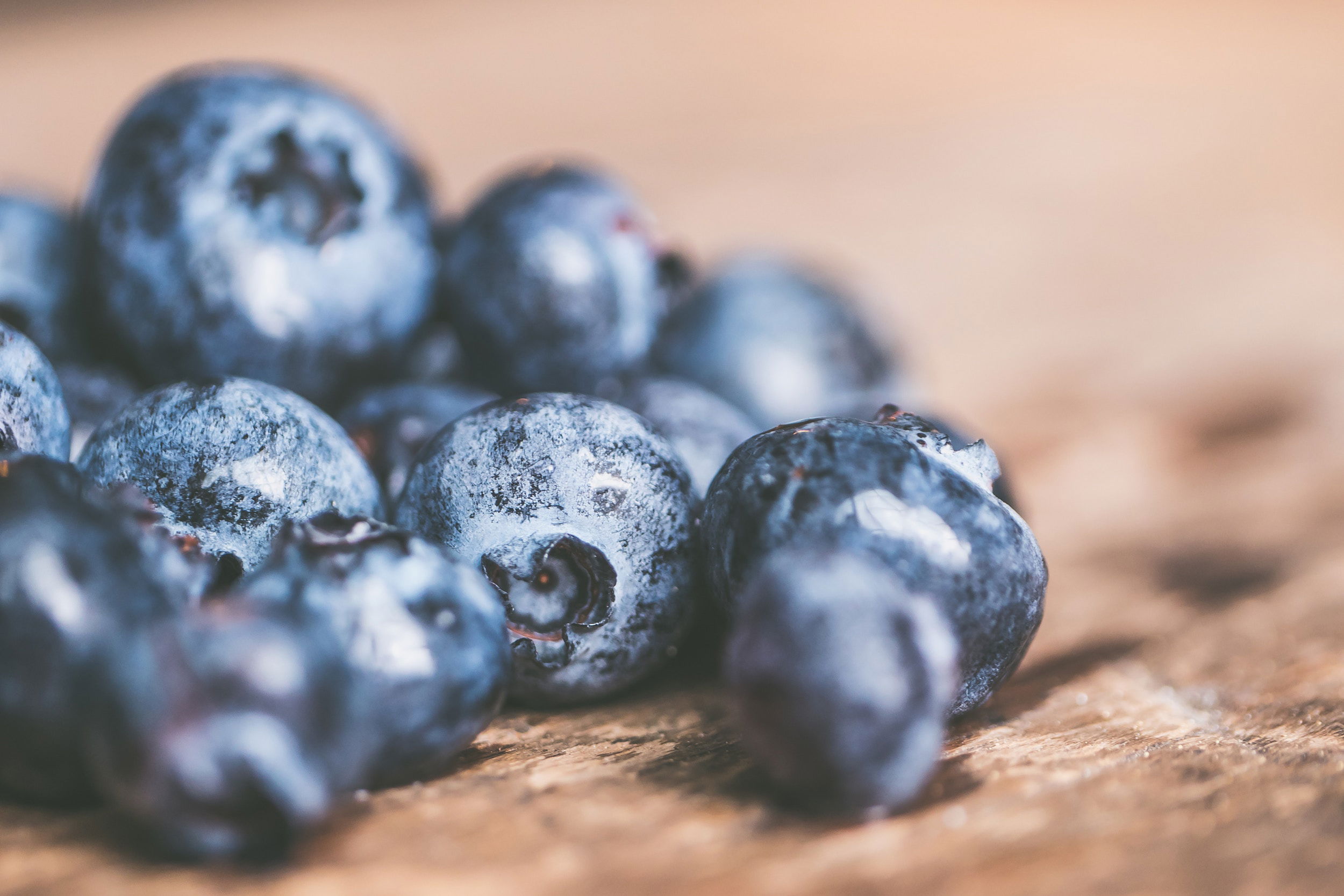Acai Berries: Exploring the Superfood's Antioxidant Magic
In recent years, acai berries have garnered attention as a superfood, celebrated for their rich antioxidant content and potential health benefits. Native to the Amazon rainforest in Brazil, these small, deep purple fruits have been consumed by indigenous communities for centuries. Today, acai berries have gained popularity worldwide, finding their way into smoothie bowls, supplements, and health-conscious diets. In this comprehensive guide, we will delve into the world of acai berries, exploring their nutritional profile, antioxidant properties, potential health advantages, and provide insights into incorporating them into your diet.

Acai Berry Basics
Acai berries (pronounced ah-sigh-EE) are the fruit of the acai palm tree (Euterpe oleracea). These berries are about the size of grapes and contain a large seed surrounded by a small amount of edible pulp. The deep purple skin of acai berries is rich in pigments called anthocyanins, which contribute to their vibrant color and antioxidant potential.
Nutritional Profile of Acai Berries:
- Antioxidants: Acai berries are packed with antioxidants, particularly anthocyanins, which help protect cells from oxidative damage caused by free radicals.
- Fiber: Acai berries are a good source of dietary fiber, which supports digestive health and helps maintain steady blood sugar levels.
- Healthy Fats: Acai berries contain healthy monounsaturated fats, similar to those found in olive oil.
- Vitamins and Minerals: They provide essential nutrients like vitamin A, vitamin C, and various B vitamins, as well as minerals such as potassium and calcium.
- Protein: Acai berries contain a modest amount of protein, making them a valuable addition to plant-based diets.
Antioxidant Magic
The antioxidant content of acai berries is perhaps their most celebrated attribute. Antioxidants are compounds that combat oxidative stress and the formation of free radicals in the body. Free radicals are unstable molecules that can cause cellular damage, contributing to aging and various chronic diseases, including cancer and heart disease.Acai berries owe their antioxidant magic to their rich anthocyanin content, which gives them their deep purple color. Research suggests that these anthocyanins possess significant free radical scavenging abilities, helping to protect cells from oxidative damage.
Potential Health Benefits
While acai berries are not a cure-all, they offer several potential health benefits when incorporated into a balanced diet. Some of these benefits include:
1. Heart Health:
The antioxidants and healthy fats in acai berries may support heart health by reducing oxidative stress and inflammation, both of which are risk factors for heart disease.
2. Antioxidant Protection:
Consuming antioxidant-rich foods like acai berries may help protect cells from damage, potentially lowering the risk of chronic diseases associated with oxidative stress.
3. Weight Management:
The fiber in acai berries can promote feelings of fullness, potentially aiding in weight management by reducing overall calorie intake.
4. Digestive Health:
Dietary fiber supports digestive health by promoting regular bowel movements and preventing constipation.
5. Skin Health:
Some people use acai oil and products topically for skin health, as the antioxidants in acai berries may help protect the skin from signs of aging and damage from UV rays.
Incorporating Acai Berries into Your Diet
Acai berries are versatile and can be enjoyed in various forms. Here are some delicious ways to incorporate them into your diet:
1. Acai Bowls:
Blend frozen acai puree with your choice of fruits and liquids (like coconut water or almond milk) to create acai bowls. Top with granola, sliced fruits, and a drizzle of honey for a nutritious and visually appealing breakfast or snack.
2. Smoothies:
Add acai puree or acai berry powder to your favorite smoothie recipes for an antioxidant boost.
3. Acai Supplements:
Acai supplements, such as capsules or powders, are available for those who prefer a convenient option. Ensure you purchase high-quality supplements from reputable sources.
4. Acai Juice:
Look for 100% pure acai juice without added sugars or artificial ingredients.
Caution and Considerations
While acai berries offer several potential health benefits, it's essential to consume them as part of a balanced diet. Be mindful of added sugars and calories in acai products, such as acai bowls and smoothies. Additionally, individual responses to acai berries may vary, and more research is needed to establish definitive health claims. As with any dietary change or supplement, it's advisable to consult with a healthcare professional or registered dietitian, especially if you have specific health concerns or conditions.

Conclusion
Acai berries have earned their status as a superfood due to their remarkable antioxidant properties and potential health benefits. Incorporating acai berries into your diet, whether through acai bowls, smoothies, or supplements, can be a tasty and nutritious way to boost your antioxidant intake. While acai berries are not a magical cure, they can certainly play a role in supporting overall health and well-being when combined with a balanced diet and a healthy lifestyle.
Sources:
- National Center for Complementary and Integrative Health (NCCIH). "Antioxidants: In Depth." Read more
- Harvard T.H. Chan School of Public Health. "Antioxidants: Beyond the Hype." Read more
- Mayo Clinic. "Dietary fiber: Essential for a healthy diet." [Read more](https://www.mayoclinic.org/healthy-lifestyle/nutrition-and-healthy